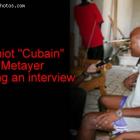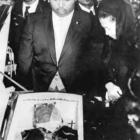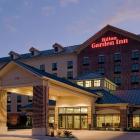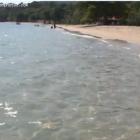ADVERTISEMENT
Photos
Traditional Haitian soup left unattended caused fire that killed 3 in Queens
Here is a picture of a major fire that took place in Queens on December 31, 2014. Louise Jean-Charles, husband Napoleon Michel, along with relative Nadia Donnay, all died in a fire that started as the family was preparing heir traditional Soup Joumou to celebrate Haiti Independence
A kitchen fire erupted at 11:45 p.m. in New York City's Elmhurst neighborhood, killing a Haitian couple and their cousin. Louise Jean-Charles, 59, and her husband Napoleon Michel, 69, became trapped inside their apartment. By the time fire crews arrived and rescued them, all three had suffered cardiac arrest.
The incident began when a pot of soup not attended to ignited a fire, quickly spreading to the dining room, living room, hallway, and bathroom, ending in the back bedrooms. When the firefighters entered they discovered the couple in the bedrooms. The cousin, Nadia Donnay, 37, was found jammed behind the door of the apartment. The three, who might've survived, could not be reached immediately because firefighters had to fight the blaze in the rooms leading to the bedrooms first.
Tunep Delpe,MOPOD calls for the resignation of President Michel Martelly
Here is a picture of Dr. Tunep Delpe, One of the leaders of the MOPOD. This political movement has called for the resignation of President Michel Martelly.
Haitian head of state President Michel Martelly has been busy securing a compromise with the country over the current election debacle. After resigning one prime minister, appointing an interim, electing a new candidate, and possibly securing his approval, the president is still being met with calls for his resignation. This is a condition that cannot be new to him as, as recently as 2013, the Patriotic Movement of the democratic opposition (MOPOD) has been demanding elections or the resignation of the president. This year, it is expected one of these demands may be finally met.
Artibonite river in Haiti, 320 km long river
Here is a picture of the Artibonite river in Haiti, the largest water basin in Haiti.
Haiti's supply of hydroelectricity is produced, practically exclusively, by the Artibonite River. The powerful, liquid behemoth is also used for irrigation, and, at 320 kms, it is the longest river on the entire island of Hispaniola. It is estimated that over 70,000 families, living in the rural areas of Haiti, depend on the river, which irrigates some 30,000 hectares of land. This land is used to produce 80% of the country's rice. In December 2014, the government signed agreements with contractors aimed at protecting the river's shoreline, rehabilitating the hydraulic system, and protecting the banks.
Haitian military officer, Lt. Col. Jean-Claude Paul
Here is a picture of former Haitian military officer, Lt. Col. Jean-Claude Paul
Another of Haiti's protectors who led less than a blameless life was military officer, Lieutenant Colonel Jean-Claude Paul. Among his questionable acts was his part, inconspicuous though it was, in the coup against former President Leslie Manigat, his alleged attack against street protesters during election time in the summer of "87, in which over 30 people were killed, and the accusations of drug trafficking against him, the last of which earned him an indictment in a Miami court for cocaine trafficking on march 10, 1988. As with most of his kind, Paul evaded punishment when he died in his suburban home in Haiti on November 7, 1988.
Former Haiti President Prosper Avril arrest in 2001
Former Haitian President and military officer Prosper Avril arrested on charges of plotting against the state,
It made international news in May of 2001 when former Haitian president, Prosper Avril, who was in office from 1988 to 1990, was arrested at a restaurant in popular Petion-Ville, and charged for "plotting against the state." In an almost ironic twist, the scene of the arrest was Avril's book signing for The Black Book of Insecurity, a sort of tell-all focusing on crime victims in Haiti. His arrest that week made the second apprehension of a non-Lavalas party member, a fact which didn't go unnoticed in the then Aristide-run nation.
Veteran politician Evans Paul Named Prime Minister of Haiti
Here is a picture of veteran politician Evans Paul.
Parlaying his former work as a political activist to higher heights, including his stint as the mayor of Port-au-Prince, Evans Paul has been named as Haiti's new Prime Minister. Haitian President Michel Martelly named Paul his new Prime Minister following the forced resignation of Laurent Lamothe, and a brief run by the minister of health as acting prime minister. President Michel Martelly will, it is widely thought, put pressure on the lawmakers to conform to his choice of Paul. A Senator said recently that they have not yet been called by the president for this purpose.
Prosper Avril, Haitian political figure, President of Haiti from 1988 to 1990
Entrusted by the Duvaliers for the management of much of their overseas portfolio Prosper Avril became President of Haiti from 1988 to 1990
Matthieu Prosper Avril, born near Port-au-Prince in 1937, was Haiti's President between 1988 and 1990. His term began when he led the coup against the transition military government that had been set up following the exile of the second Duvalier government. His career began under the eye of Francois Duvalier, who called him the "Intelligent Prosper Avril." When the President's son came into power, Avril was forced into retirement, but later returned as Colonel in 1986 following the overthrow of Jean-Claude Duvalier's rule and subsequent exile.
Canada denounces possession of assault rifle by Deputy Arnel Belizaire
Here is a picture taken during a protest in Port-au-Prince where Haitian Deputy Arnel Belizaire was confronting both a Canadian and Brazilian member of the MINUSTAH force.
Millions have seen the image of Haitian Deputy Arnel Belizaire brandishing an assault rifle while speaking to members of MINUSTAH at a demonstration. The image has led to much debate, including the letter to the President of the Chamber of Deputies, sent by the new Canadian Ambassador to Haiti, Paula Caldwell St-Onge. In her letter, she criticizes the deputy, calling for Stevenson Jacques Thimoleon to bring his parliamentarians who have no respect for Haiti's laws to order. For his part, Belizaire has said he had recovered the gun after MINUSTAH soldiers began firing shots into the non-violent group of protesters.
Karine Condé, winner of the Prize Discover Haiti 2014
Here is a picture of Ms. Karine Condé. Be became winner of the Prize Discover Haiti 2014 in the area of Tourist promotion
For her promotion of the country of Haiti, especially the region of the south, and her work to make the tourism and hospitality training at the Institute of Hospitality and Tourism more professionalized, Karine Conde Emeran, Director of Departmental South of the Ministry of Tourism and Creative Industries, was awarded Personality of the Year 2014, the Prize Discover Haiti. She will attend the launch of Friday of Tourism and Hotel in the last week of January 2015 to officially receive the prize in the presence of her fellow competitors who were recognized by the panel of five who chose the winner.
Champ-de-Mars Port-au-Prince during the government of Fabre-Nicolas Geffrard
Here is a picture of Champ-de-Mars in Port-au-Prince during the government of Fabre-Nicolas Geffrard.
After being made president, Geffrard's first duty was to cut the nation's army in half, leaving it 15,000 strong. Following this, he formed his personally-trained presidential guard, calling them Les Tirailleurs de la Garde. Later he would bring back the Boyer-founded Medical School and start his own, the National Law School. There was undoubtedly a great thrust in education under his rule, with many lycea being hauled into the then present and also built from the ground up under his regime.
Following the outbreak of guerilla war between Spain and Santa Domingo, which put Haiti in an awkward position, President Geffrard lost some of the people's esteem when he surrendered to the demands of the Spanish. There were many attempts at a coup against him, but it wasn't until 1865, when an ill-fought war with Major Sylvain Salnave and his Northern troops left the president and his administration in financial and political ruin, that he fled, with his family under disguise, to Jamaica, where he would remain until his death in 1878.

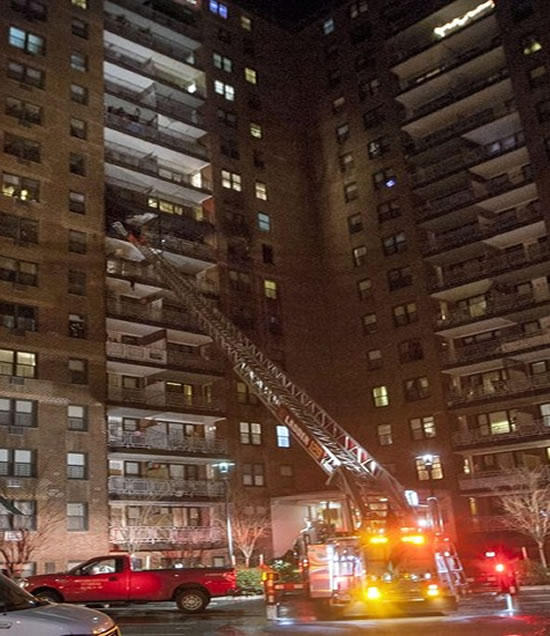
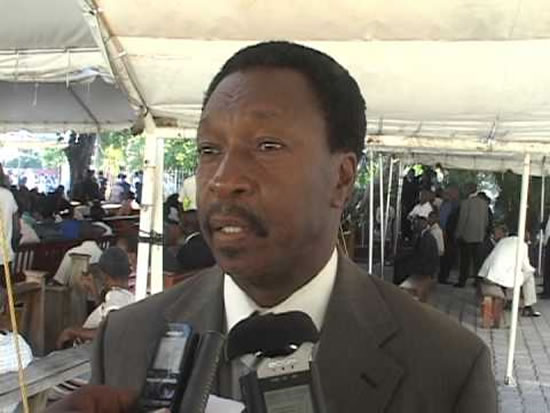
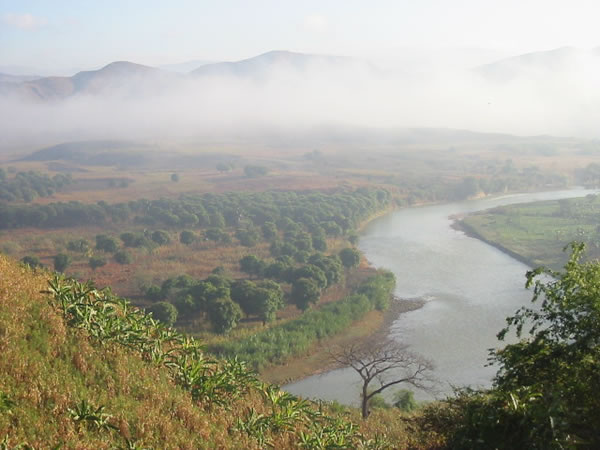
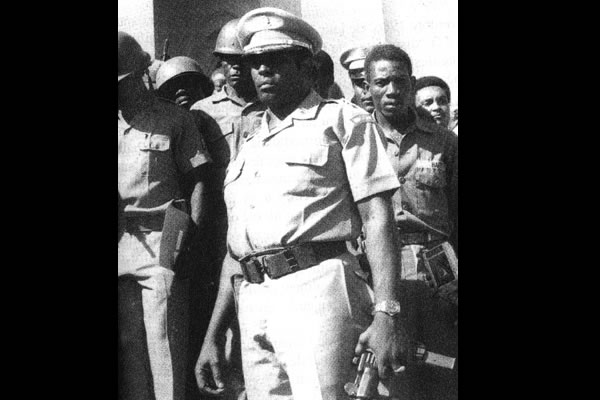
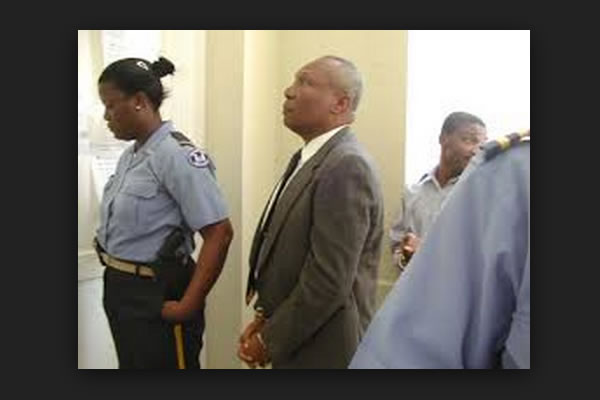
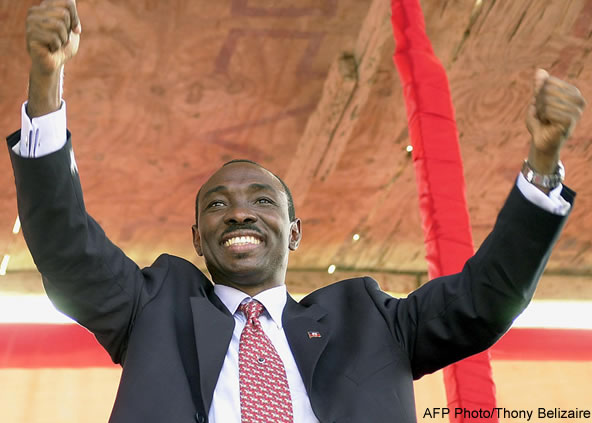
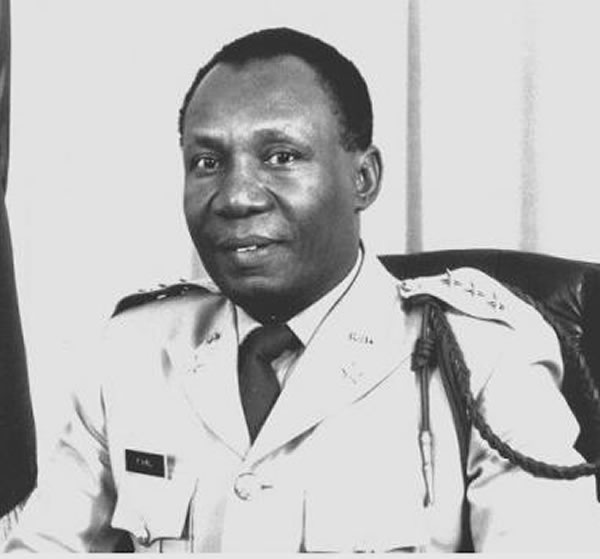
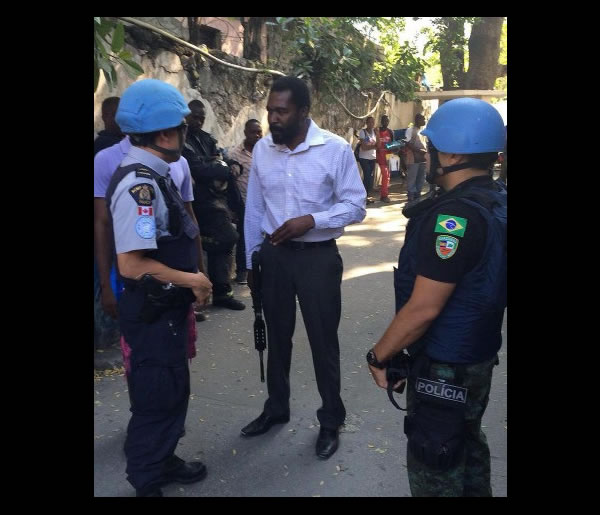

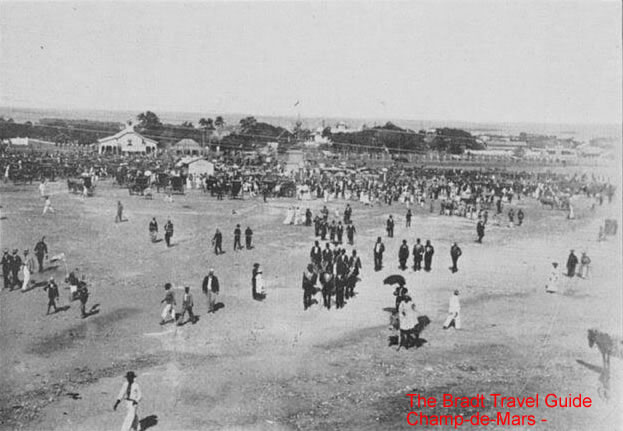
 Who will be the next president of Haiti?
Who will be the next president of Haiti? 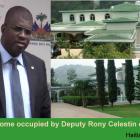 A $800,000 Home occupied by Deputy Rony Celestin confiscated
A $800,000 Home occupied by Deputy Rony Celestin confiscated 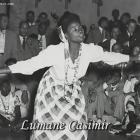 Lumane Casimir And Songs
Lumane Casimir And Songs 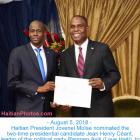 Jovenel Moïse nominated Jean Henry Céant as prime minister of...
Jovenel Moïse nominated Jean Henry Céant as prime minister of... 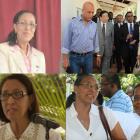 Dr. Michaëlle Amédée Gédéon is dead
Dr. Michaëlle Amédée Gédéon is dead  Philippe Vorbe entered world football Hall of Fame, CONCACAF
Philippe Vorbe entered world football Hall of Fame, CONCACAF 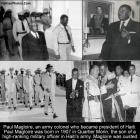 Paul Eugène Magloire, born in Quartier Morin
Paul Eugène Magloire, born in Quartier Morin 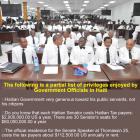 Partial list of privileges enjoyed by Government officials in...
Partial list of privileges enjoyed by Government officials in... 
